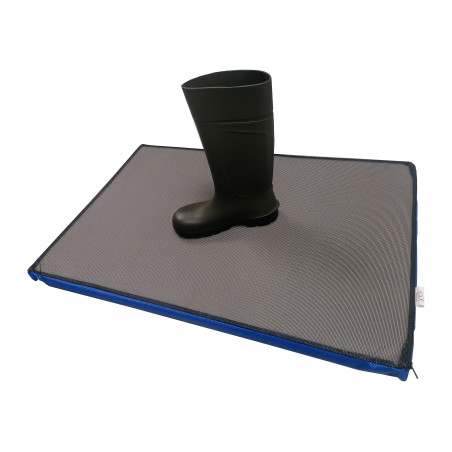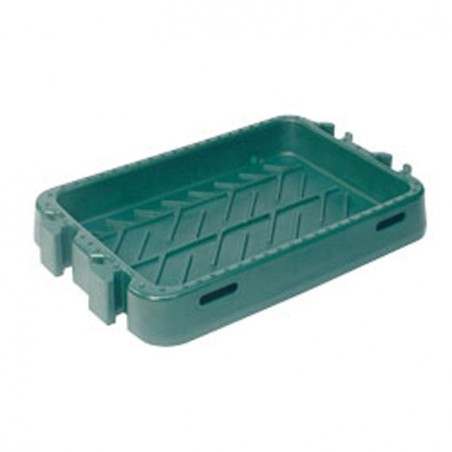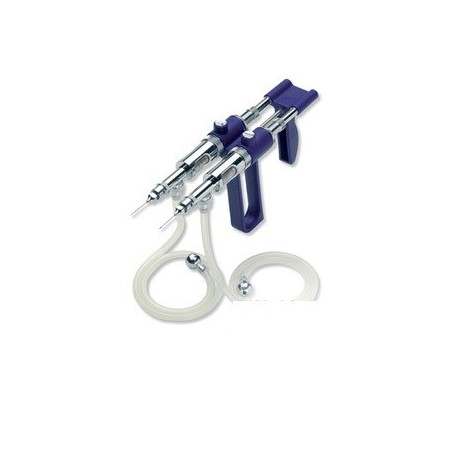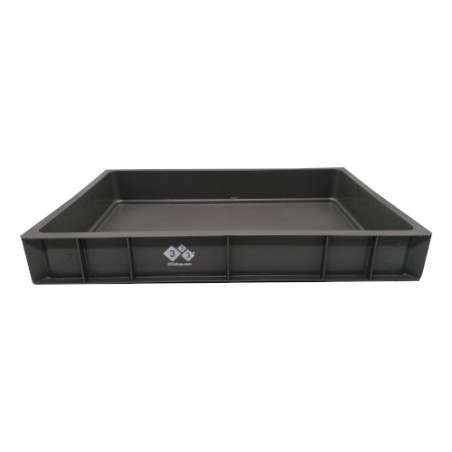After the notification, by late July, of the presence of the porcine respiratory and reproductive syndrome (PRRS) in Uruguay, the Food and Agriculture Health National Service (Servicio Nacional de Sanidad y Calidad Agroalimentaria, SENASA) of Argentina decided to strengthen the measures to avoid the entrance of this disease (notifiable disease), that has never been detected in Argentina.
In Argentina, the vaccination against PRRS is forbidden. So, the prevention is based on control measures to avoid the entrance of the disease and on its early detection. Likewise, the SENASA carries out the epidemiological surveillance by taking serum samples since 2007 and controlling all the imported animals.

Due to these new findings reported by the WOAH (OIE), the SENASA has implemented several measures to protect the national pig production:
- Cancel the authorisations for the imports of live animals, semen, pork and pig/pork by-products from Uruguay.
- Request more technical information to the Ministry of Livestock, Agriculture and Fisheries (MGAP) of Uruguay on its animal health status regarding PRRS and the measures to be implemented.
With the aim of identifying suspicious animal health events, the SENASA, together with the private sector, is devising an appropriate strategy to strengthen the preventative measures (epidemiologic surveillance, among others) and the biosecurity measures on the farms.
Finally, pig producers are reminded of the importance of notifying, at once, to the nearest SENASA’s office of any suspicion or presence of animal health problems with a high mortality, as well of strengthening the biosecurity measures on the farms:
- Do not enter to the country animals, semen nor pig/pork products without the authorisation by the SENASA, because the national animal health status is put at risk.
- Do not exchange animals nor semen of an unknown origin.
- Avoid the entrance and the contact of pigs with people alien to the farm, especially if they also work on Uruguayan farms.
- Wash and disinfect the lorries and other vehicles, because they (and their drivers) are high-risk factors for the transmission, as they come into contact with other establishments or refrigerated slaughterhouses. Likewise, the place where the animals are loaded or unloaded must be away from the area where the animals are housed.
- Keep an updated register of the entrances of visits and vehicles.
- Do not exchange equipment, machinery and other elements with other pig farms/establishments.
Monday, July 24th, 2017/ SENASA/ Argentina.
http://www.senasa.gob.ar/








